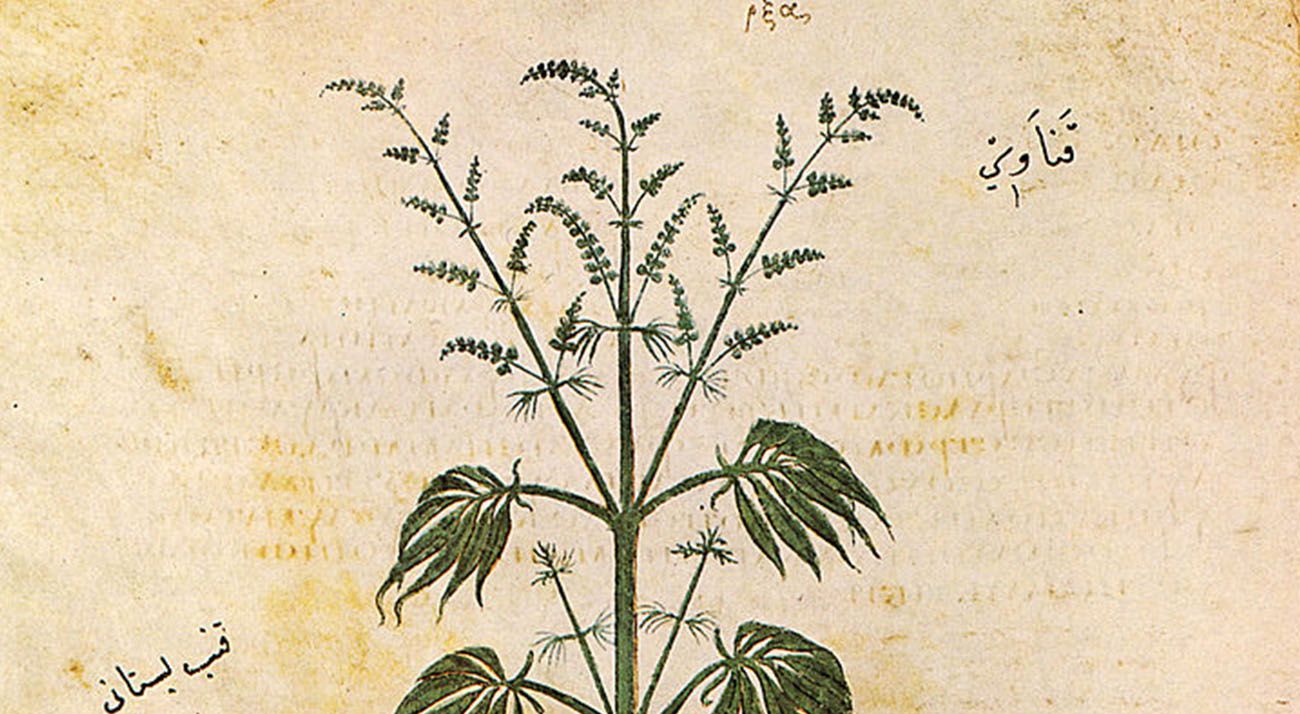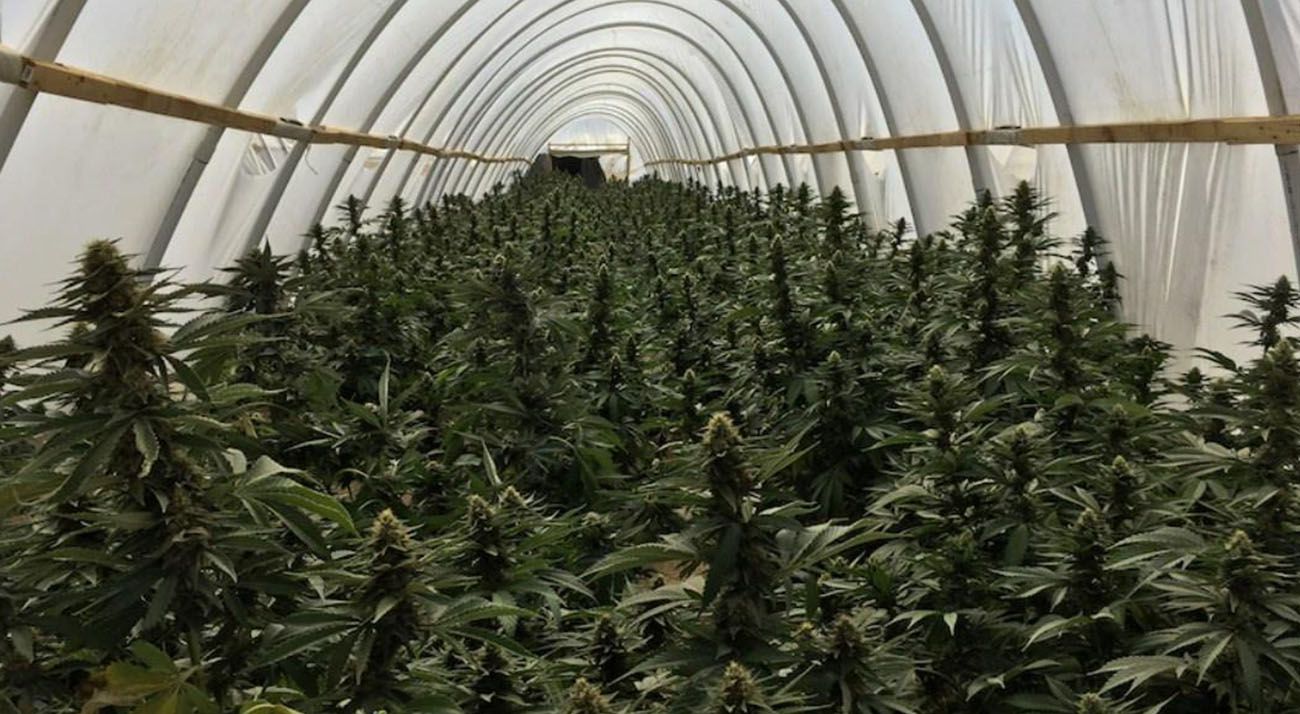A new study has analysed the existing research on CBD, vomiting, and nausea, noting that CBD has “demonstrated efficacy” in reducing both nausea and vomiting.
The study, published in the journal Cannabis and Cannabinoid Research, reviewed the current research on nausea, vomiting, and medical cannabis. This included studies in a test tube, in animals, and humans.
For the review, researchers focused on three types of nausea related to chemotherapy. This includes acute nausea that occurs within 24 hours of chemotherapy and delayed nausea that occurs 24 hours after chemotherapy and peaks 2 – 3 days after treatment. Researchers also covered anticipatory nausea and vomiting, which occurs when people learn to anticipate chemotherapy-induced nausea.
In their review, researchers found decent evidence suggesting that the cannabinoids CBD, CBDA (cannabidiolic acid), and CBDA-ME (cannabidiolic acid methyl ester) could reduce acute and delayed chemotherapy nausea and vomiting by targeting the 5-HT1A serotonin receptor in the brain.
Researchers also note that CBDA and CBDA-ME could potentially reduce anticipatory and acute nausea in cancer patients. They suggest that cannabinoids like CBD, CBDA and CBDA-ME could also be combined with other anti-nausea compounds to create anti-nausea medications.
The report also discussed Cannabinoid Hyperemesis Syndrome (CHS). Some long-term cannabis users report symptoms of CHS, which include nausea, vomiting, and severe abdominal pain. While the exact cause of CHS is not yet known, they suggest the dysregulation of TRPV1 receptors in the peripheral nervous system (PNS) could be a “contributing factor”. According to their review, CBD “activates and desensitises TRPV1” making it a potential treatment for the condition.
Although this research is very interesting, researchers note that more studies are needed to properly understand CBD’s impact on nausea and vomiting in chemotherapy patients.
These promising anti-nausea and anti-emetic effects of CBD need to be further explored in properly controlled clinical trials with oncology patients.
They won’t have to wait long, either. There are currently several such studies in Australia. This includes the world’s largest cancer and cannabis trial in NSW.









